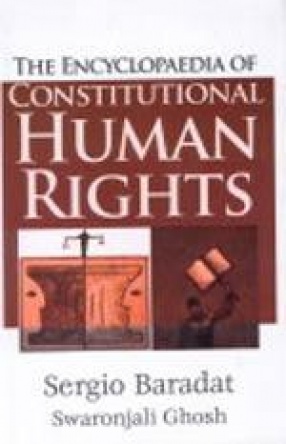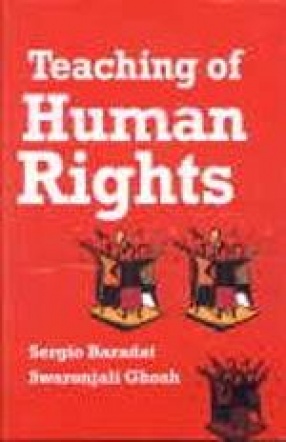Human rights are a product of a philosophical debate that has been argued since the beginning of mankind. Fueling this debate is the fact that many people have been unsatisfied with the notion that what is right or good is simply what a particular society or ruling elite feels is right or good at any given time. Great philosophers from the past such as Aristotle, Socrates and Thomas Aquinas focused extensively on their definition of human rights, among other ideas, and lead the way for more contemporary thinkers such as John Locke and Martin Luther King Jr Notions of natural right were introduced by European philosophers such as Aristotle, but is was Aquinas who developed the idea more in-depth. In his Summa Theologica, he stated his belief that there were behaviors that were naturally right or wrong because God ordained it so. Human rights are universal, indivisible and interdependent. Human rights are what make us human. When we speak of the right to life, or development, or to dissent and diversity, we are speaking of tolerance. Tolerance will ensure all freedoms. Without it, we can be certain of none. This gap between theory and practice is the most prominent deficiency in the effectiveness of the human rights agenda. Multiple variables, such as lack of enforcement mechanisms, lack of a state, issues of nationalism and sovereignty, and even contradictions within the human rights agenda can account for this gap. As one can see, the international human rights issues is fraught with conflict. The Encyclopaedia of Constitutional Human Rights primarily focuses on the constitutional aspect of the growth of the ‘concept’ across the continents, cultures and centuries down the history and its incorporation in various constrictions. The work has focused in its first volume, the initiation and development of the thought of human rights starting from the first ever voices of 1215. Subsequent developments are recorded in the following chapters while adding on discussions and interpretations in chapters 4 and 5. The last two volumes sum up the state of human rights in various continents of the world and examine the conflicts, ambiguities and violations of this fundamental individual right, even by the most civilized nations, in whose constitutions, it is most revered and recognised.
The Encyclopaedia of Constitutional Human Rights (In 3 Volumes)
$129.60
$144.00
In stock
Free & Quick Delivery Worldwide
All orders amounting to US$ 50 or more qualify for Free Delivery Worldwide. For orders less than US$ 50, we offer Standard Delivery at $14 per book.
reviews
0 in total
Review by Anonymous
Be the first to review “The Encyclopaedia of Constitutional Human Rights (In 3 Volumes)” Cancel reply
You must be logged in to post a review.
Bibliographic information
Title
The Encyclopaedia of Constitutional Human Rights (In 3 Volumes)
Author
Edition
1st ed.
Publisher
ISBN
8178884577
Length
1044p.
Subjects





There are no reviews yet.